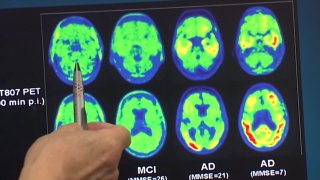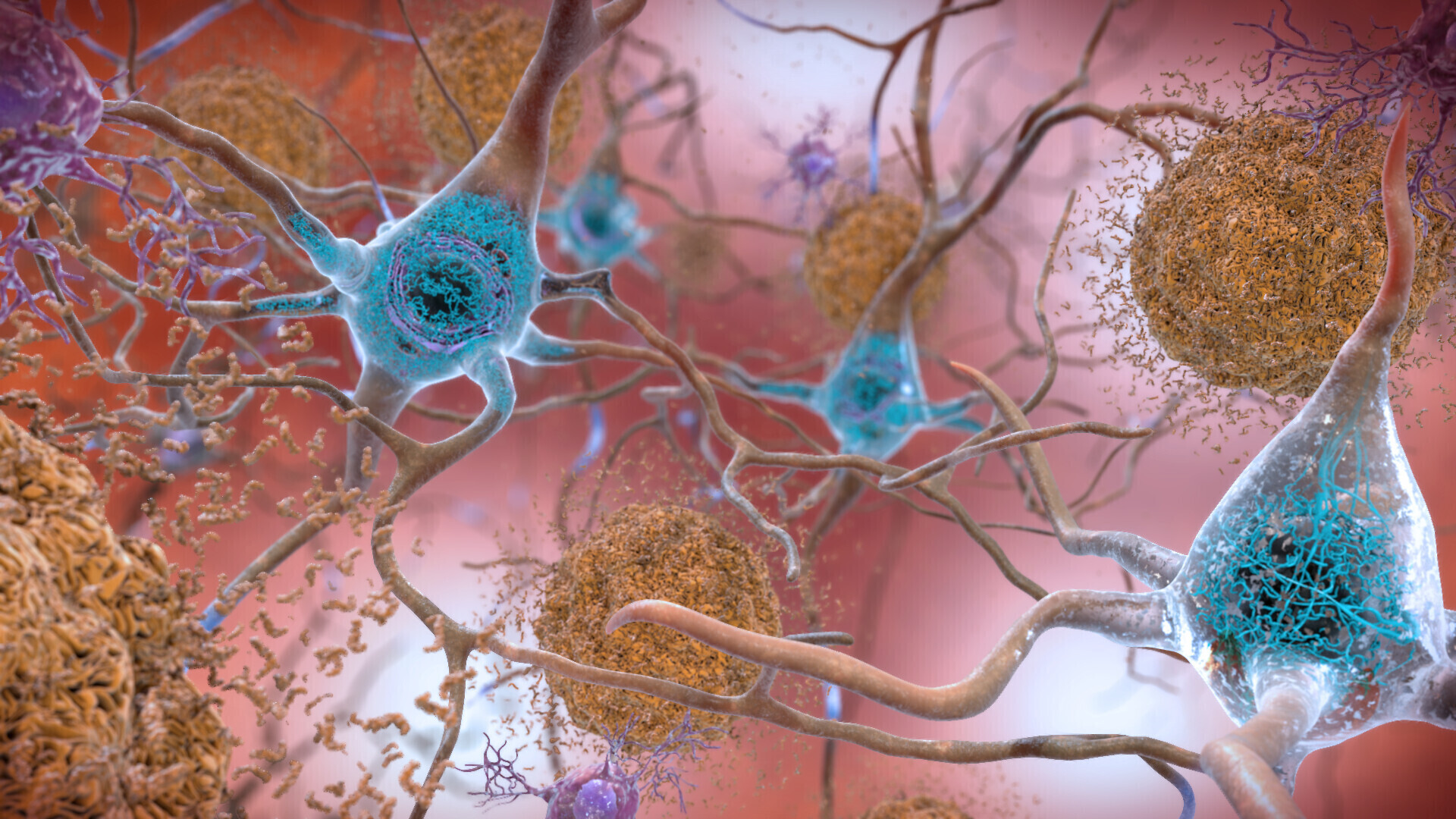
November is Alzheimer’s awareness month. For decades, scientists have focused on plaques in the brain, and treatments to remove those plaques. Now, a new finding has some researchers questioning the prevailing wisdom on why some people develop Alzheimer’s while others do not. It’s a theory that could lead to new treatments.
More than six million Americans are living with Alzheimer’s, and it’s predicted by 2050, those numbers will swell to 12.7 million unless there is a breakthrough to prevent or cure it. For decades, scientists have believed that Alzheimer’s is caused by the protein A-beta-42, which causes a buildup of amyloids that are toxic to the brain. But now scientists at the Karolinska Institute in Sweden, and the University of Cincinnati say new research casts doubt on that theory.
“In fact, by the age of 85, 60% of us have amyloids in our brains and only ten percent of us develop dementia," said Dr. Alberto Espay. "So that is a five-fold, lower prevalence of dementia that would have been predicted if amyloid was toxic.”
The researchers say instead of reducing or removing the plaques, treatment might involve increasing the levels of a soluble brain peptide called an amyloid beta-peptide. The researchers tested the theory by analyzing the brain scans of 600 people, all of whom had amyloid in the brain. Those who had normal cognition had higher levels of the amyloid beta-protein than those who had dementia.
Get DFW local news, weather forecasts and entertainment stories to your inbox. Sign up for NBC DFW newsletters.
“The replacement of these proteins that we're losing may be the most important strategy in the future,” said Espay.
Continuing to research new treatment options for older Americans impacted by Alzheimer’s.
The research team has formed an independent company to develop a replacement protein and is working to test it in animals. Espay says his team’s theory has been met with mixed reviews in the scientific community. Some say this explains why new therapies that work to remove plaques in the brain have had limited success. Earlier this year, the FDA approved the first drug in years that targets the removal of amyloid plaques after a period of heated debate.
Health Connection
Get connected to a healthier life.
Contributors to this news report include: Cyndy McGrath, Producer; Kirk Manson, Videographer; Roque Correa, Editor.




